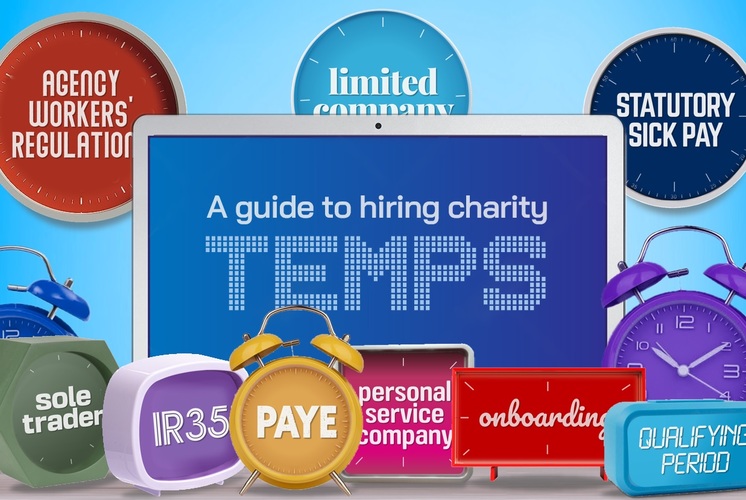Over the past two decades, CharityJob has built an extensive network of candidates in the not for profit and voluntary space. From tried-and-tested industry veterans to bright-eyed career shifters with hopes of leaving a lasting imprint on the world, we listen to our candidates’ needs, ensuring not only the best job-hunting experience but a deeper insight into what our candidates want versus what recruiters are offering. So how does this come into play when looking at third sector salaries? When we asked our candidates what they believed was the most important prompt to complete an application, salary came second, after a clear job description. One of the biggest frustrations candidates encounter when searching for a job is that salaries often aren’t there. True, there may be a valid reason it can't be disclosed, but giving no indication or just putting 'competitive' can often create a poor impression in terms of intent and professionalism. This, in turn, impacts the number of applications the role receives. The fact is that salaries will always be significant when it comes to attracting new talent. Although a majority of candidates understand that salaries will be slightly lower in the charity sector, there are still expectations that pay should reflect not only the responsibilities of the role, but also the skills and know-how that applicants bring. Let’s take a closer look at what our candidates had to say.
Who are our candidates?

What our candidates wantLast year, over 3.5 million candidates searched our site, with an average of 1.3 million job views per month. This demonstrates the clear and definite interest in long-term careers in the not for profit space. And that interest is only growing. 
In 2018, we surveyed over 800 of our candidates about their motivations and frustrations in finding a job in the charity sector. Of these, only 26.7% of those actively searching were motivated by a better salary, while 75.4% sought a career that could offer more fulfilment. When asked what would make them consider changing from their current role, 64.6% said they would leave for a better salary. This suggests that although salary isn’t the driving factor when candidates first join an organisation, it grows in significance the longer they stay. As they gain more experience and develop new skills over time, their value to the organisation grows too. But if their progression isn’t being recognised and rewarded accordingly, they’re likely to seek this out elsewhere. 
Not surprisingly, entry-level candidates are most interested in hands-on work that allows them to interact directly with the people they’re aiming to help. As candidates progress in their career, they are more driven to sector-specific roles such as governance and fundraising that allow them to use the expertise they’ve built over the years. These roles offer some of the highest paid salaries at Director/CEO level, as they require the most knowledge of UK institutions, to drive key strategies and campaign activity.
Download the full 24-page 2019 Salary Report | 



























